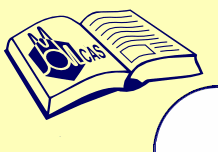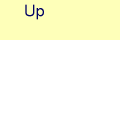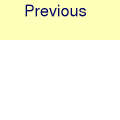MOLCAS manual:

Next: 6.11 GUGA CI
Up: 6. Program Based Tutorials
Previous: 6.9 RASSI A
Subsections
6.10 MOTRA — An Integral Transformation Program
Integrals saved by the SEWARD module
are stored in the Atomic Orbital (AO) basis. Some programs have their own
procedures to transform the integrals into the Molecular Orbital (MO) basis.
The MOLCAS MOTRA module performs this task for
Configuration Interaction (CI), Coupled- and Modified Coupled-Pair (CPF and
MCPF, respectively) and Coupled-Cluster (CC) calculations.
The sample input below contains the motra input
information for our continuing water calculation. We firstly specify that the
RASSCF module interface file will be the source of the
orbitals using the keyword JOBIph. The keyword
FROZen is used to specify the number of orbitals in each
symmetry which will not be correlated in
subsequent calculations. This can also be performed in the corresponding
MRCI, CPF or CC programs
but is more efficient to freeze them here.
Virtual orbitals can be deleted using the DELEte keyword.
&MOTRA
JobIph
Frozen= 1 0 0 0
The motra section of the output is short and self
explanatory. The integral files produced by SEWARD, ONEINT
and ORDINT, are used as input by the
MOTRA module which produces the transformed symbolic files
TRAONE and TRAINT, respectively. In our case, the files
are called water.TraOne and water.TraInt, respectively.
The motra module also requires input orbitals.
If the LUMOrb keyword is specified the orbitals are taken
from the INPORB file which can be any formated orbital
file such as water.ScfOrb or water.RasOrb. The
JOBIph keyword causes the MOTRA module to
read the required orbitals from the JOBIPH file.
| Keyword | Meaning
|
| FROZEN | By symmetry: non-correlated orbitals (default: core)
|
| RFPErt | Previous reaction field introduced as a perturbation
|
| LUMORB | Input orbital file as ASCII (INPORB)
|
| JOBIPH | Input orbital file as binary (JOBOLD)
|
|
|
    
Next: 6.11 GUGA CI
Up: 6. Program Based Tutorials
Previous: 6.9 RASSI A
| 



























